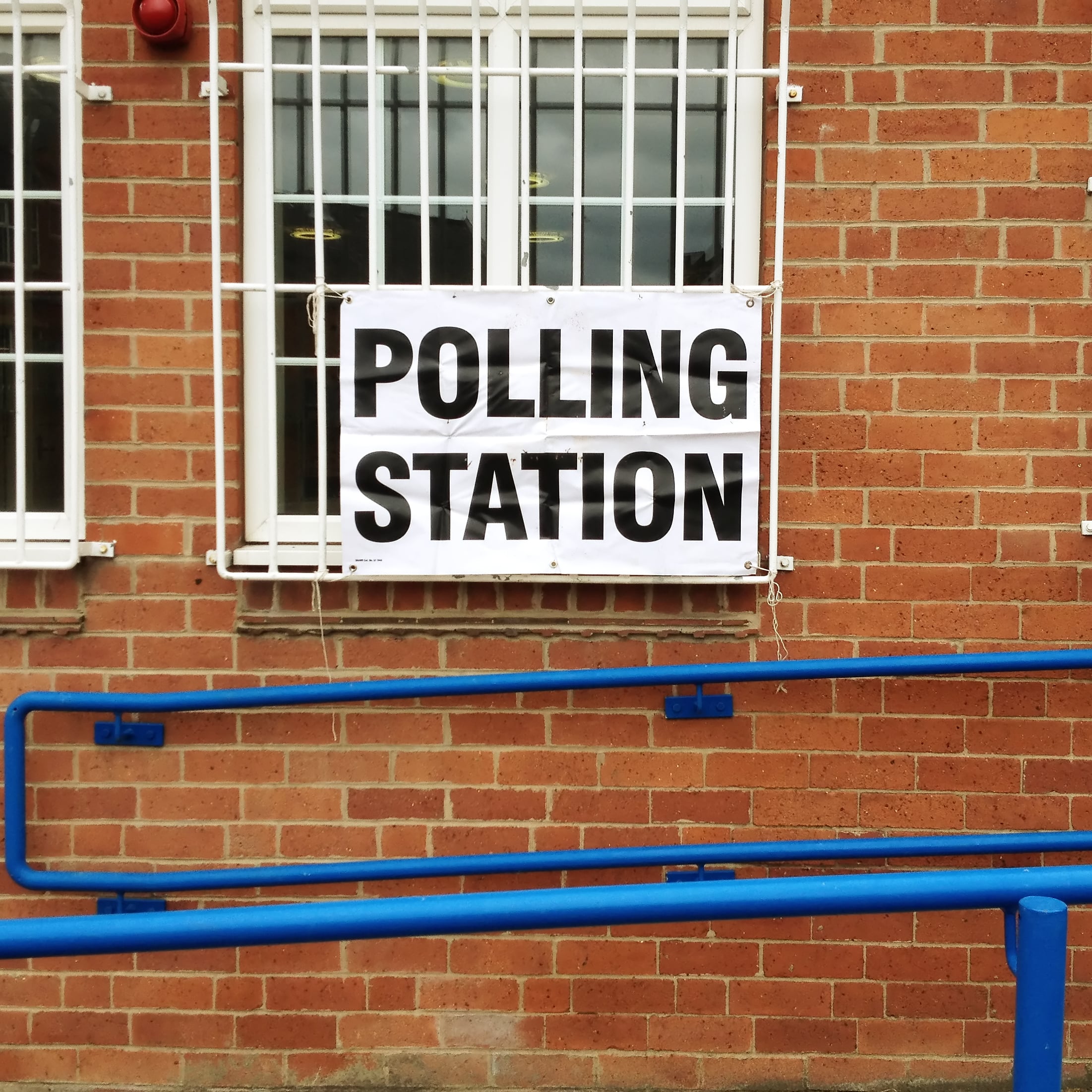New research suggests that while class voting dominated British party politics for much of the post-war period, many working class voters no longer identify the Labour party as 'their' party. It suggests that this is because party policies, and the politicians’ rhetoric and social background changed radically in the 1990s and no longer appealed directly to the working class voter.
In their book, The New Politics of Class: The political exclusion of the British working class, Professors Geoffrey Evans and James Tilley explain that this change in the Labour party led to a situation in 2015 in which Labour did better among middle class professional voters than among manual working class voters. They argue that Labour party’s strategy to decouple itself from traditional class issues has led some of its former core working class base to endorse new parties, most notably UKIP. But more importantly, the consequence is that the working class electorate is increasingly not voting at all. In 2015, over half of people with low levels of education in working class jobs did not vote. The comparable figure for degree-educated professionals was about one in five. The authors conclude that Labour will find it hard to regain its previously 'core' working class support.
They produce evidence showing that class differences in voter attitudes have remained the same over time, but that the parties changed during the 1990s in a number of ways. Most obviously this was in terms of policy positions. Labour class voting was based on left-wing policies appealing to left-wing working class voters, but there was a sharp change in policy in the 1990s under Tony Blair. The perceptions of the parties are also important, however, as the occupational background of Labour MPs changed from the late 1980s onwards, and the language used by Labour politicians in the 1990s stopped being about 'workers' and started being about 'families', so the perceptions of Labour as a middle class party grew. The three consequences were the increase in the middle classes voting Labour, the increase in the working class voting for new parties like UKIP and, inevitably, the rise of non-voting among the working class.
The researchers argue there are now far fewer Labour MPs who had working class jobs before they entered parliament. The figure has fallen dramatically from around 40% in 1959 to less than 10% in 2015, and this might be one reason for the Labour party’s waning appeal to working class voters. They find that in the case of the EU referendum, political participation went up slightly more among the working class. The EU referendum gave people an opportunity to choose between Leave and Remain rather than the constrained options offered by the main political parties in recent general elections, says the book. Yet without channels for such direct democracy, the authors remark that it is difficult to see how the pattern of working class disengagement from party politics can be reversed.
The ongoing convulsions within the Labour party are between the liberal left and the Blairite right, neither of which appear to provide much likelihood of representing real choices for the working class because they both have mixed appeal
Professor Geoff Evans, Official Fellow in Politics
Geoff Evans, Professor in the Sociology of Politics and Official Fellow in Politics at the University of Oxford, concludes: 'The ongoing convulsions within the Labour party are between the liberal left and the Blairite right, neither of which appear to provide much likelihood of representing real choices for the working class because they both have mixed appeal.'
James Tilley, Professor of Politics at the University of Oxford, adds: 'The Labour party’s support for Remain in the EU referendum, low-key though it was, will have done little to endear it to its residual working class base. However, UKIP too has its problems as a party with a one issue goal. It has also been beset by its own internal struggles that threaten to tear it apart. Despite many working class voters finding themselves on the winning side of the EU referendum, the spiral of working class exclusion from broader electoral politics is likely to continue.'
